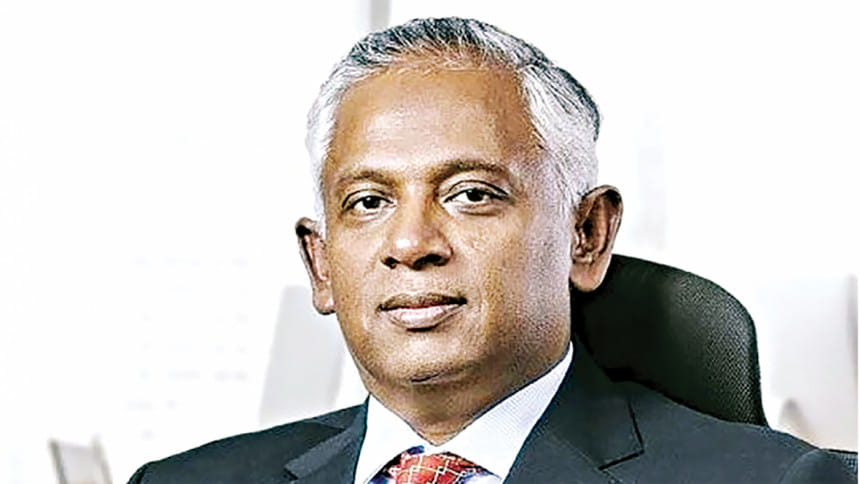Reviving workplace motivation

Motivating employees is tantamount to convincing a fish to walk. While managers shout, "reach for excellence!" we reach for a cup of tea after braving Dhaka traffic to work. They say, "think big!" but our minds are counting down to the next public holiday. And "give it your best!" sounds great until someone realises "the best" had left at 5:30pm sharp. Let's face it, the only motivation that really works here is Thursday afternoon, when we clock out and finally escape the inspiration overload!
A study shows that globally, only 15 percent of employees feel motivated. However, motivated workers boost productivity by up to 21 percent. Key motivators include trust in leadership (92 percent) and clear job roles, which increase engagement by 55 percent.
Motivation can rise with flexibility, recognition (78 percent) and mental health programs, highlighting the universal importance of well-being and clear communication.
Maintaining motivation at work is an enduring challenge that professionals struggle with worldwide. Adapting insights to the unique context of Bangladesh can empower individuals to address challenges specific to the country's fast-paced and competitive professional landscape.
In Bangladesh, motivation often wanes due to long hours, career pressures and balancing work with family. Abrahams and Groysberg, in their article "Advice for the Unmotivated", suggest identifying causes like workload, unclear goals, or lack of recognition, and addressing them through open conversations with managers, colleagues, or even family members.
In our workplace, juggling a million tasks daily is common. So, rather than chasing monthly targets, try aiming for weekly wins. In fields like finance or technology, breaking projects into bite-size tasks can make progress feel real -- like surviving Dhaka traffic, one stoplight at a time!
A sense of purpose is a powerful motivator -- just like the story of a NASA janitor who famously said, "I'm helping put a man on the moon." Every work, regardless of how insignificant it may seem, has a deeper meaning and purpose. Professionals in healthcare, education or renewable energy can reignite their passion by seeing their roles as building blocks in Bangladesh's growth, turning daily tasks into contributions to a greater mission.
Another critical motivator is lifelong learning, a gateway from routine work to dynamic growth. As upskilling becomes essential for career advancement, online courses and training programs offer fresh perspectives, igniting renewed enthusiasm. By investing in personal development, professionals foster adaptability, transforming work into a rewarding journey of continuous progress.
Peer support is also a powerful motivator. Openly sharing challenges with trusted colleagues creates a support network that makes the workplace feel less isolating. Coupled with flexible work arrangements and short breaks, employees can recharge and stay focused. Strong peer connections and flexible work habits make work a more balanced and enjoyable experience.
Bangladesh's complex work environment requires resilience and adaptability. Reflecting on the root causes of dissatisfaction, setting achievable goals and engaging with professional peers can help to navigate challenges and sustain enthusiasm. For those in Bangladesh where work often intertwines with family goals, these strategies are compelling, ensuring that motivation remains aligned with both professional and personal/social growth.
True motivation does not have to wait for HR's next initiative -- take control and make it yours. Find purpose in your daily tasks, seek out learning that excites you and build connections that make work feel rewarding. Remember, the real motivation is not in posters or programs but in creating moments inspire you. Instead of leaving it up to your employer, take motivation into your own hands.
The author is the founder and managing director of BuildCon Consultancies Ltd

 For all latest news, follow The Daily Star's Google News channel.
For all latest news, follow The Daily Star's Google News channel. 



Comments